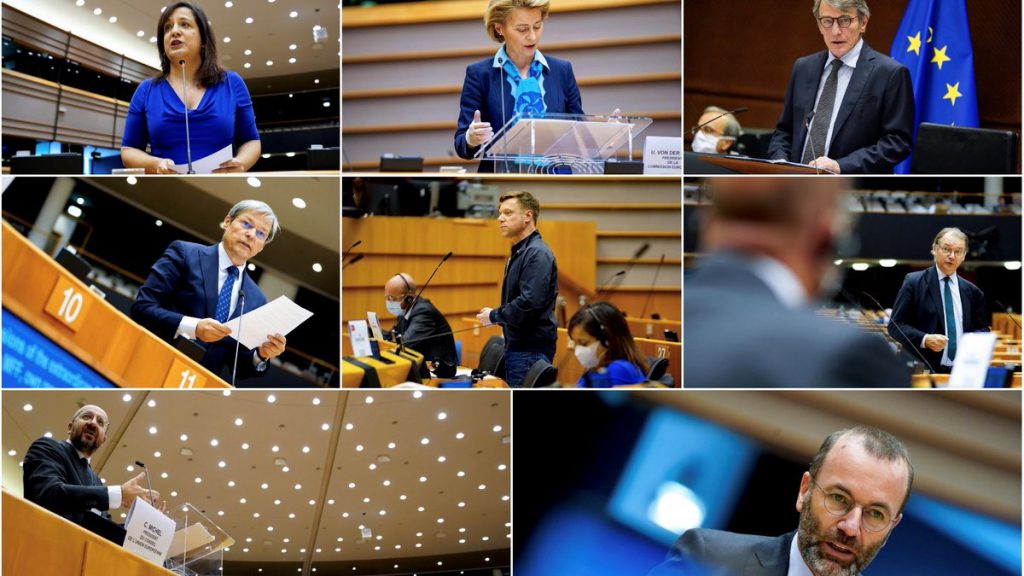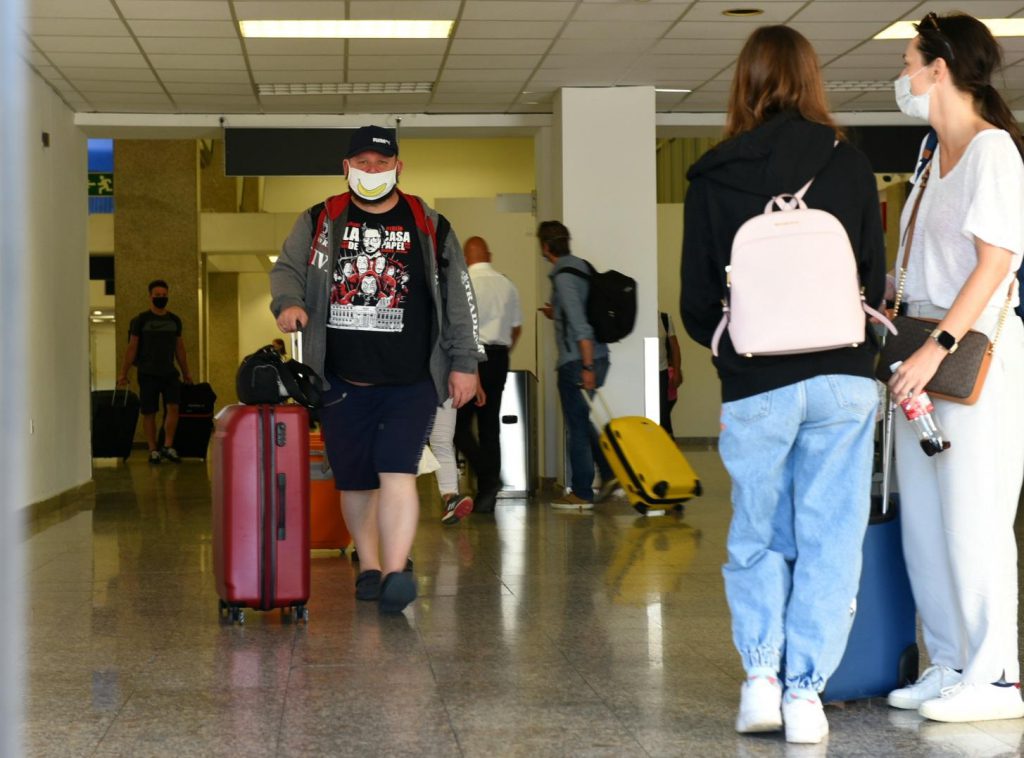Archive for Issue 314
Parliament: EU27 need €2 trillion recovery package to tackle COVID-19 fallout
In a resolution on the post-2020 EU budget revision and economic recovery plans, MEPs demand a robust package, focused on citizens’ needs and building on the EU budget. …
New Europass for students and workers
As Europe started the long path to recovery from COVID-19, on 1 July 2020, the European Commission launched a new, modernised Europass. The new Europass will provide learners and workers with useful tools and information, which…
It-trasformazzjoni f’diversi setturi ekonomiċi hija t-triq ‘il quddiem għal Malta
Il-bidla hija proċess neċessarju li jsir aktar kruċjali f’xenarju wara li tkun għaddiet xi kriżi. F’intervista ma’ Voice of the Workers, l-ekonomista JP Fabri jgħid li l-element ta’ trasformazzjoni huwa wieħed minn diversi pilastri li l-pajjiż għandu jibni viżjoni għall-futur. Hu stqarr li meta nitkellmu fuq trasformazzjoni rridu naraw kif dan il-pajjiż ikompli fil-mixja li dan il-pajjiż dejjem kellu mill-Indipendenza sal-lum biex stabbilixxa setturi ekonomiċi ġodda. Hu qal li bħala pajjiż għandna bżonn mentalità biex dejjem inkomplu nittrasformaw ruħna. Dan għandu jsir f’numru ta’ setturi, fosthom, fis-settur pubbliku fejn irridu naraw kif it-twassil tas-servizzi jkunu diġitali. JP Fabri saħaq dwar l-importanza li l-imsieħba soċjali, in-negozji, il-Gvern, l-Oppożizzjoni u l-poplu ġenerali jingħaqdu flimkien sabiex titfassal viżjoni mibnija fuq it-talent, it-transizzjoni, it-teknoloġija u t-titjib fil-kwalità. JP Fabri daħal iżjed fid-dettall fuq il-bidliet li għandhhom isiru. Hu jagħti importanza lit-talent Malti u lill-edukazzjoni. Għall-ekonomista, it-teknoloġija huwa pilastru kruċjali ħafna. Dwar it-transiżżjoni, JP…
Will it be difficult to get back to normal?
Everyone is yearning for the calm of normality. But can we really define what is normal? If we look at what is happening around us we see, amongst others, several economies struggling to rejuvenate. During the pandemic, a number of workers have suffered financially whereas frontliners were burnt out and sacrificed their time with their families. Some families have lost loved ones and regretted not being able to be with them in the last moments of their lives. This leads many of us to think about normality: when will things return to normal and what will the new normality look like? Normality, as we knew it, is one where the healthcare system and governments were not prepared to deal with crises like COVID-19. The new normality will be almost like the ‘old’ one, albeit the new one will hopefully be better prepared for global pandemics. We hope that the new normality, in other words, will change what was wrong and keep what was good with the old normality. The new normality will mean that many of us will go back to much we used to do before this pandemic broke out. However, our society will be making changes for the better, changes we hope will be good for the livelihoods of our communities. In the coming months, our lives will “return to normal”. For some, this normality is still far away. More businesses and commercial establishments have re-opened; others unfortunately closed down and made their employees redundant. More people may become infected with the virus and there might be individuals who will succumb to it. Meanwhile, the health authorities continue to remind us to remain vigilant and to take care of ourselves. Government has removed restrictions. A section of the population agreed to this decision whilst others are criticising Government’s swift actions very harshly on social media. In addition, we shall continue to face difficult challenges and we might not be prepared for them. Scientists and health specialists will try to overcome these challenges. They will be succeeding in some way, but the challenges will keep on coming.




